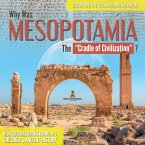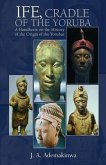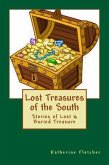There were so many British, American, French, German, and Italian archeologists and scholars that worked at the birthplace of civilization (Mesopotamia) in various ancient sites in Iraq. It is very important to trace the origin of these antiquities and where they are located in museums all over the world. Excavation started in the 18th century when Iraq was a province of the Ottoman Empire and continues until today.
Iraq is home to between 10,000 and 15,000 archeological sites. The World Heritage Committee has designated many locations in Iraq as UNISCO World Heritage Sites. In 1869 the Ottoman Empire issued an edict which stated that half of the archeological findings in Iraq go to Europe and half go to the Oriental Museum in Istanbul.
Europeans always took the better half which is how the British and the French obtained their collection. When the British took over Iraq in 1917, half of the artifacts still went to Europe and half to the National Baghdad Museum. In 1920, the national museum in Baghdad was established with the help of Gertrude Bell, a British diplomat, archeologist, and advisor to King Faisel the First. In 1936, antiquity law decreed that all archeological findings were the property of Iraq. A lot of the early archeological work in Iraq was driven by attempts to find historical evidence to support claims in the Bible.
Iraq is home to between 10,000 and 15,000 archeological sites. The World Heritage Committee has designated many locations in Iraq as UNISCO World Heritage Sites. In 1869 the Ottoman Empire issued an edict which stated that half of the archeological findings in Iraq go to Europe and half go to the Oriental Museum in Istanbul.
Europeans always took the better half which is how the British and the French obtained their collection. When the British took over Iraq in 1917, half of the artifacts still went to Europe and half to the National Baghdad Museum. In 1920, the national museum in Baghdad was established with the help of Gertrude Bell, a British diplomat, archeologist, and advisor to King Faisel the First. In 1936, antiquity law decreed that all archeological findings were the property of Iraq. A lot of the early archeological work in Iraq was driven by attempts to find historical evidence to support claims in the Bible.
Dieser Download kann aus rechtlichen Gründen nur mit Rechnungsadresse in A, B, CY, CZ, D, DK, EW, E, FIN, F, GR, H, IRL, I, LT, L, LR, M, NL, PL, P, R, S, SLO, SK ausgeliefert werden.









